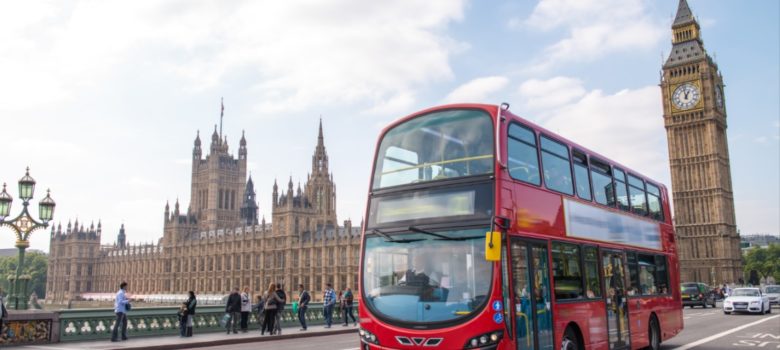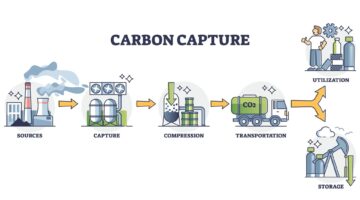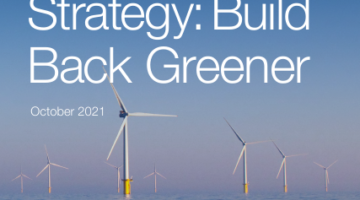
Public transport has long been hailed as the ‘greener’ option, compared to travelling alone by car; but traditional buses produce serious carbon emissions. Mayor of London, Sadiq Khan has been on a mission to make London’s buses greener, in a push to lower the city’s dangerous levels of air pollution. He has introduced new electric models and trialled different types of biofuel, made from cooking oils and even ‘fatbergs‘.
The newest idea for a more environmentally-friendly fuel comes from London-based company Bio-Bean. It has found a way to turn coffee grounds into biofuel, which, as of last week, is now being used to power some of London’s buses. Waste coffee grounds contain 20% of oil by weight, which makes it a good starting point for a biofuel. We drink 70 million cups of coffee per day in the UK; the waste from just 2.5m of these could produce enough fuel to run a London bus for a year.
How is biofuel made from coffee?
Waste coffee grounds are collected from coffee shops and pressed, releasing coffee oil that is then mixed with diesel, creating a blended biofuel known as B20. Coffee makes up 20% of the finished product, so it is much greener than ordinary diesel.
Once the oil has been extracted, yet another biofuel can be created from the same grounds. ‘Logs’ can be made out of recycled coffee grounds and used in stoves to heat people’s homes. These contain 20% more energy than wood, so they burn more intensely and for longer.
What’s the benefit of coffee biofuel/is it really ‘green’ once mixed with diesel?
Recently, there has been a big push to recycle more of the UK’s tonnes of disposable coffee cups, but have we been missing a trick with the grounds? Huge amounts of coffee grounds normally end up in landfill, where the decomposition of organic material contributes to methane emissions. This is avoided if the grounds are instead sent to be made into biofuel – and this fuel is a more environmentally-friendly alternative to petrol and diesel.
Burning biofuel produces lower carbon emissions and fewer harmful pollutants, meaning it’s better for both the environment and the people living nearby. Coupled with the UK’s gradual move to electric cars, new types of biofuel such as this have the potential to make a big difference.
Could the UK power more of its buses with biofuel from coffee?
If coffee biofuel is shown to be economically viable on a large scale, there is no reason why it shouldn’t be used more widely here in the UK. Biofuels are already widely used in several countries, such as Sweden, where more than two thirds buses are run on biofuel. In London alone, 200,000 tonnes of coffee waste is produced per year. The majority of this isn’t recycled, so it makes sense to do so if we can. There is no shortage of coffee waste in the UK, and, going forward, as long as there are enough companies producing this type of biofuel, there’s no reason why we shouldn’t be using it to power as many of our buses as possible!
Think we missed something? Do you have a different opinion?
Comment below to get your voice heard…












Well yes, this is all very good, but it only offers the prospect of powering 140 buses this way, even with 100% usage of the coffee waste. A really good idea that is rightly being pursued, but fatbergs hold out more potential.